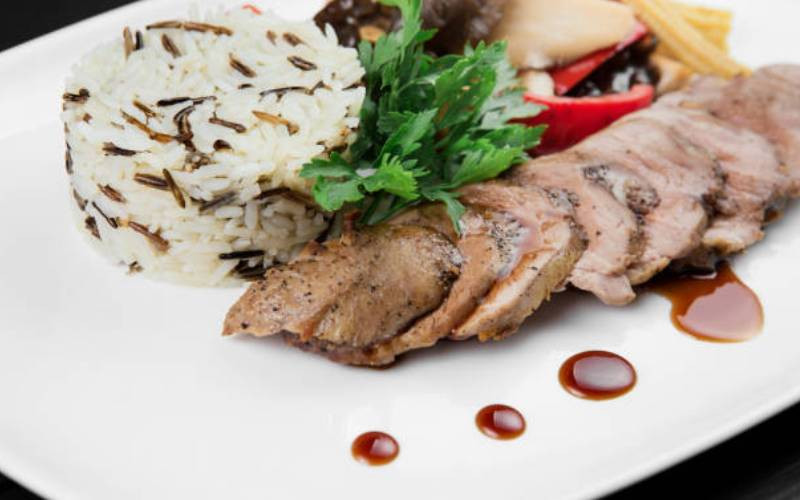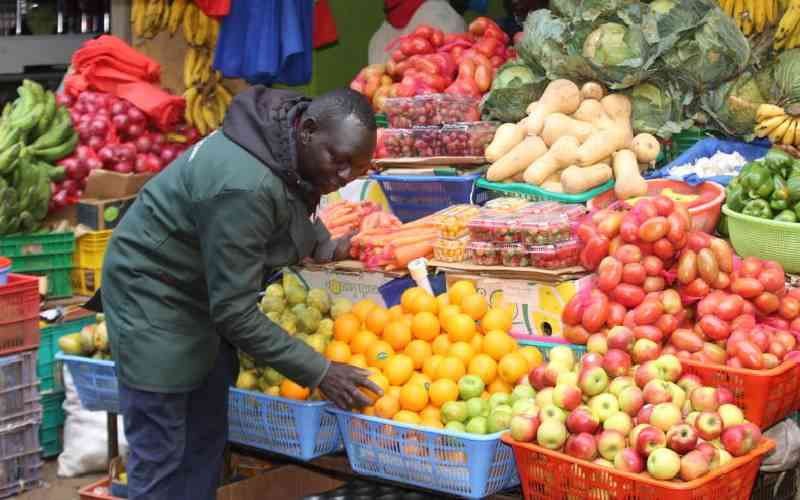Looming Trump tariffs and Starmer's response

In the latest episode of the Trump 100 podcast, Sky News correspondents Mark Stone and Sam Coates delve into the potential implications of President Donald Trump's impending tariff announcements, particularly for the UK. As the US correspondent and deputy political editor, Stone and Coates bring their expertise to bear on the complex interplay between international trade, domestic politics, and immigration policies.
The podcast examines whether UK Prime Minister Keir Starmer can navigate the situation to secure a favorable deal for Britain amidst Trump's protectionist measures. The discussion also tackles the challenging issue of immigration, comparing the approaches in America and Britain. A central question emerges: Is Trump's approach genuinely effective, or is he simply disregarding established laws and conventions in ways that Starmer would not?
Listeners are encouraged to engage with the podcast by submitting their questions to Mark, Martha, and James via email at [email protected]. All episodes are available for viewing on the Sky News YouTube channel, providing multiple avenues for staying informed.
The looming tariffs are already casting a shadow over global trade, particularly affecting regions like Guangdong, often dubbed the world's factory and the engine room of China. This province, teeming with factories producing a vast array of consumer goods, feels the immediate impact of Trump's trade war. China, a primary target, faces tariffs on 100% of its goods, with no carve-outs or delays, marking a significant escalation from Trump's first term.
As of March 4th, Chinese goods sold to the US encounter a tax of at least 20%, with higher rates for many items. Johnny Pan, who runs a family-owned appliance factory in Guangdong, illustrates the stark reality. His factory, producing fans, air purifiers, and air fryers, sells a third of its products to America. The tariffs have already caused a major drop in orders, amounting to millions of dollars. Pan is now seeking new markets and considering relocating some manufacturing abroad to circumvent the tariffs, highlighting the immediate survival pressures businesses face.
Smaller operations in Guangdong, specializing in single elements of larger processes, face even more precarious circumstances. These workshops, often reliant on contract workers, have limited options to absorb increased costs. The husband-and-wife teams running these small businesses express concerns about lower incomes and the potential impact on thousands of workers. With thin margins, raising prices is often not viable, forcing a desperate search for new markets.
China's economy, heavily reliant on exports (20% of its GDP), is particularly vulnerable to trade shocks. Economic growth has slowed, youth unemployment is high, and many migrant workers are low-paid. Beijing's relatively restrained response to the tariffs indicates an awareness of its limited capacity to withstand a major escalation. While China has reduced its exposure to the US market since the 2016 trade war, instability remains a primary concern for its leaders.
Many observers view the tariffs as part of a broader global power struggle between the US and China, each vying for dominance in a shifting world order. While China's economy is resilient, its leaders are unlikely to accept these measures passively, setting the stage for potential further conflict.










